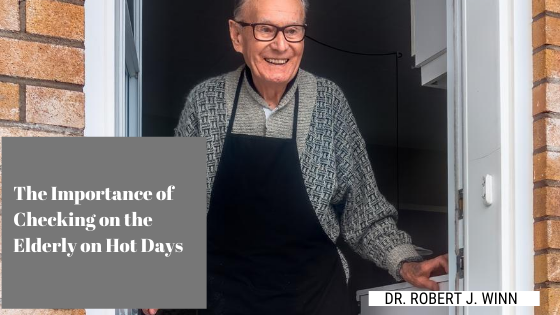One of the most common things you hear on hot days is that you should check on your sick or elderly neighbors. Indeed, this is very important. But why are hot days so dangerous to our elderly family and friends, and why is it so important that we check on them?
As noted by the AARP, this is because the elderly are often particularly vulnerable to heat-related issues on hot days. There are at least three reasons for this:
- Elderly individuals lose the ability to process and handle heat as they get older. As a result, they are incredibly vulnerable on hot days. The Center for Disease Control notes that these problems can become even more severe when the temperature changes suddenly, as elderly individuals may have an even harder time adjusting to these temperature changes.
- Older adults often take medications that can damage their body’s ability to adapt to changes in temperature or make them more susceptible to temperature-related problems.
- The elderly are more likely to live alone, and this can have fatal results when combined with their higher likelihood of suffering from health consequences of extreme heat.
This isn’t a minor issue. The AARP notes that extreme hit kills more people every year than numerous natural disasters combined. These include lightning, hurricanes, tornados, and more.
The elderly are particularly vulnerable to these issues, but some elderly are even more vulnerable than others. These include people with certain chronic conditions, individuals with heart problems, those who drink alcohol, and those who are overweight or underweight.
Thankfully, there are actions all of us can take to protect the elderly on hot days. On sweltering days, make sure to call or visit your elderly friends. If they sound disoriented, make sure to get over to them right away, and don’t hesitate to call 911 for assistance if you need to do so. Check for signs of heatstroke, which include fever, fainting, and confusion.
There is also preventative action you can take. Ensure your elderly neighbors are drinking more fluids than usual, getting plenty of rest, and staying as cool as possible. All of these actions can help to prevent heat issues.


